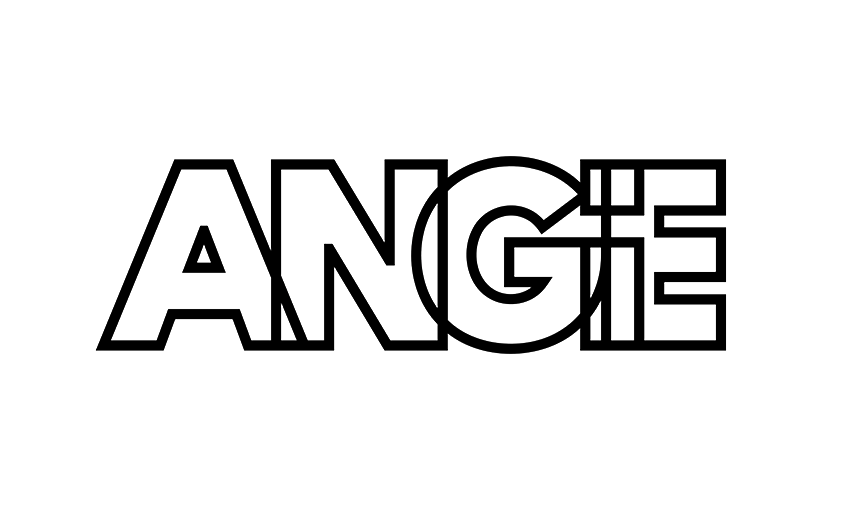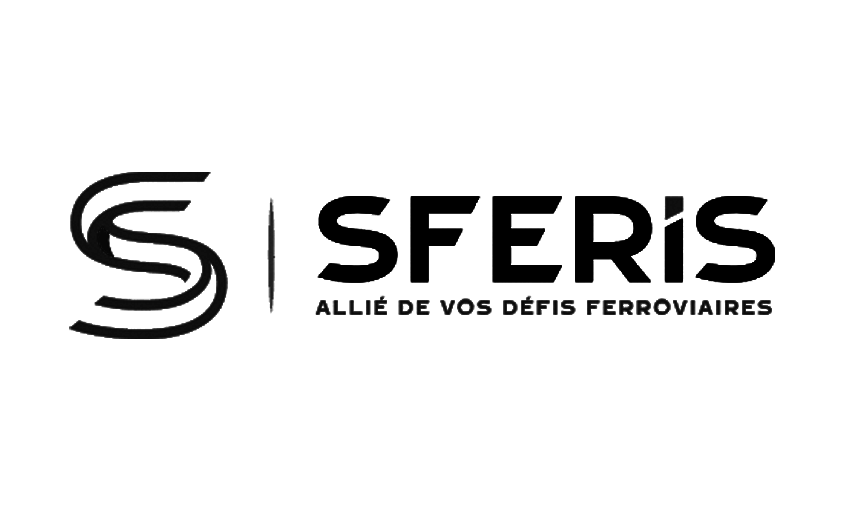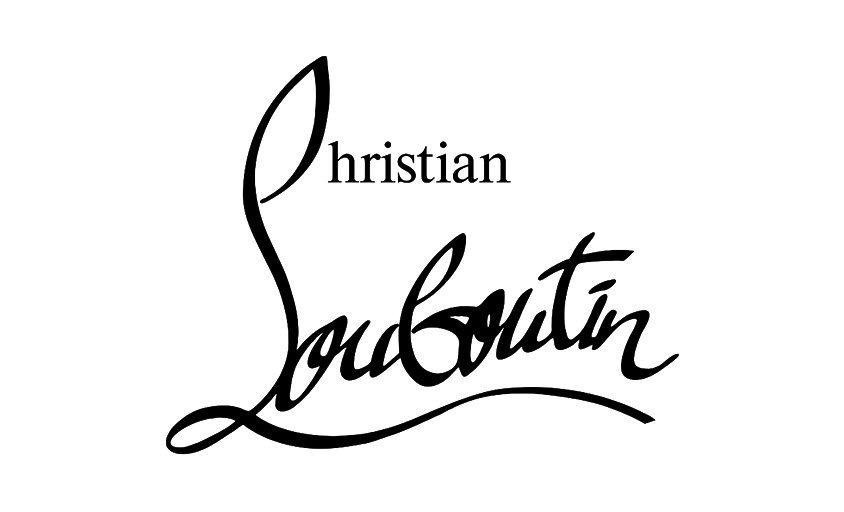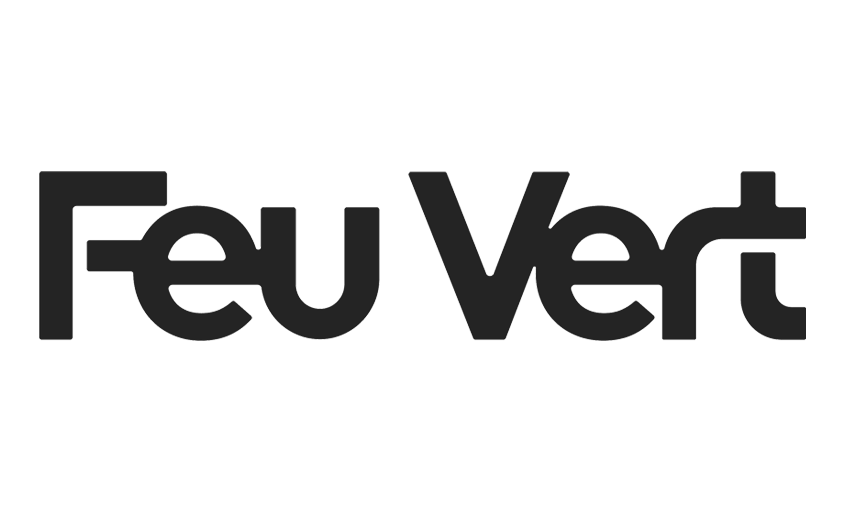The Production Coordinator: The Pilot of Visual Projects
In this article :
The production coordinator is a key player in the photography, film, and advertising industries. This profession is essential to ensure the smooth running of production by making sure everything is ready and all resources are available at the right time. They work behind the scenes to coordinate all stages of production, from preparation to delivery of the final product.
This article explores the missions, skills, and responsibilities of the production coordinator in photographic projects.
1. What is a Production Coordinator?
The production coordinator is responsible for organizing and managing the logistics of a project. In photography, this professional is involved before, during, and after the shoot to ensure all steps run smoothly. They must ensure human resources, equipment, and budgets are efficiently managed and that schedules are respected.
They work closely with all project stakeholders: the photographer, stylist, makeup artist, set designer, as well as clients. The production coordinator plays a transversal role that places them at the center of project management.
2. The Missions of the Production Coordinator
Preparation and Planning
The production coordinator plans the resources necessary for the project. This includes managing equipment, booking shooting locations, organizing transport and accommodation for teams if needed. They also ensure all team members are available and ready for the shoot.
They must anticipate project needs regarding equipment, personnel, and all logistical details. Their role is to make sure every element is in place before production begins.
Budget and Cost Management
The production coordinator is responsible for tracking the project budget, ensuring expenses stay within limits set by the client or production team. They may negotiate quotes, select providers, and manage equipment purchases. They must also optimize costs without compromising project quality.
On-site Production Monitoring
Once shooting starts, the production coordinator monitors activities on site. They ensure everything goes according to plan, schedules are followed, and resources are available when needed. They also handle unexpected issues by adjusting logistics if problems arise.
Final Product Delivery
After the shoot, the coordinator ensures equipment is returned and all production conditions are met. They follow up on post-production, make sure final images are delivered on time, and verify that rights and contracts are properly handled.
3. Skills Required to Become a Production Coordinator
Organizational Skills
The production coordinator must be extremely organized and capable of handling multiple tasks simultaneously. Their role requires strong anticipation and problem-solving skills to prevent issues from impacting the project. Attention to detail and the ability to manage complex schedules are essential to avoid delays or disorganization.
Budget Management Skills
Cost and budget management are integral to the role. The coordinator must track expenses and optimize resources, requiring financial management skills and a deep understanding of production costs for photo shoots.
Communication and Leadership Skills
A good production coordinator communicates effectively with all team members and clients. They need strong leadership skills as they often lead multiple teams and coordinate efforts of several professionals. Negotiation, conflict resolution, and motivation abilities are also crucial.
Mastery of Project Management Tools
The coordinator should be proficient with project management tools such as Trello, Asana, or Monday.com to efficiently manage tasks, resources, and timelines. Mastery of these tools is essential for organizing and tracking each step of the production process.
4. The Production Coordinator in Photography
In photo shoots, the production coordinator plays a particularly important role. The success of a shoot depends on flawless organization, and logistical support must be impeccable to allow the creative team to focus on the artistic side of the project.
At Rétines, we understand how crucial good organization is for a successful photo project. Our production coordinators work closely with photographers and creative teams to ensure that all technical and logistical aspects of the shoot are perfectly managed. This collaboration enables the production of high-quality images while respecting deadlines and budgets.
5. How to Become a Production Coordinator?
There are several ways to train and enter this profession:
Specialized Training and Studies
Courses in production management, communication, and project management are available to acquire the necessary skills. These can be taken at communication schools, film schools, or audiovisual production programs.
Practical Experience
Many production coordinators start their careers as production assistants or interns on photo or video projects to gain hands-on experience. This helps them develop a deep understanding of production stages.
Networking and Building Your Network
Networking is key to entering the production industry. Attending professional events, collaborating on projects, and making connections with agencies or photography studios are essential for career growth.
Conclusion
The production coordinator is an essential link in the success of any photographic project. Thanks to their organizational skills, budget management, and ability to coordinate teams, they ensure projects run smoothly. At Rétines, we know that the key to a successful shoot lies in efficient production management, and we rely on experienced coordinators to guarantee every project is completed successfully.
Jérémy Carlo is the editorial director at Rétines, where he ensures the consistency and clarity of all content produced by the studio.
Our Clients
Let’s discuss
What we do for you at Rétines
Meticulous work, an organised project and fast delivery. And to achieve this, we mobilise the right resources in our teams at the right time.
01
Pre-production
Artistic and technical direction tailored to the project.
Relevant recommendations on content, form and resources.
02
Photo Shooting
Photos taken by our experienced photographers.
Production that’s controlled, efficient and tailored to the needs of the project, with nothing superfluous.
03
Retouching
Technique
Photographs magnified by our retouching team.
Post-production to meet the commercial challenges of the brief.












